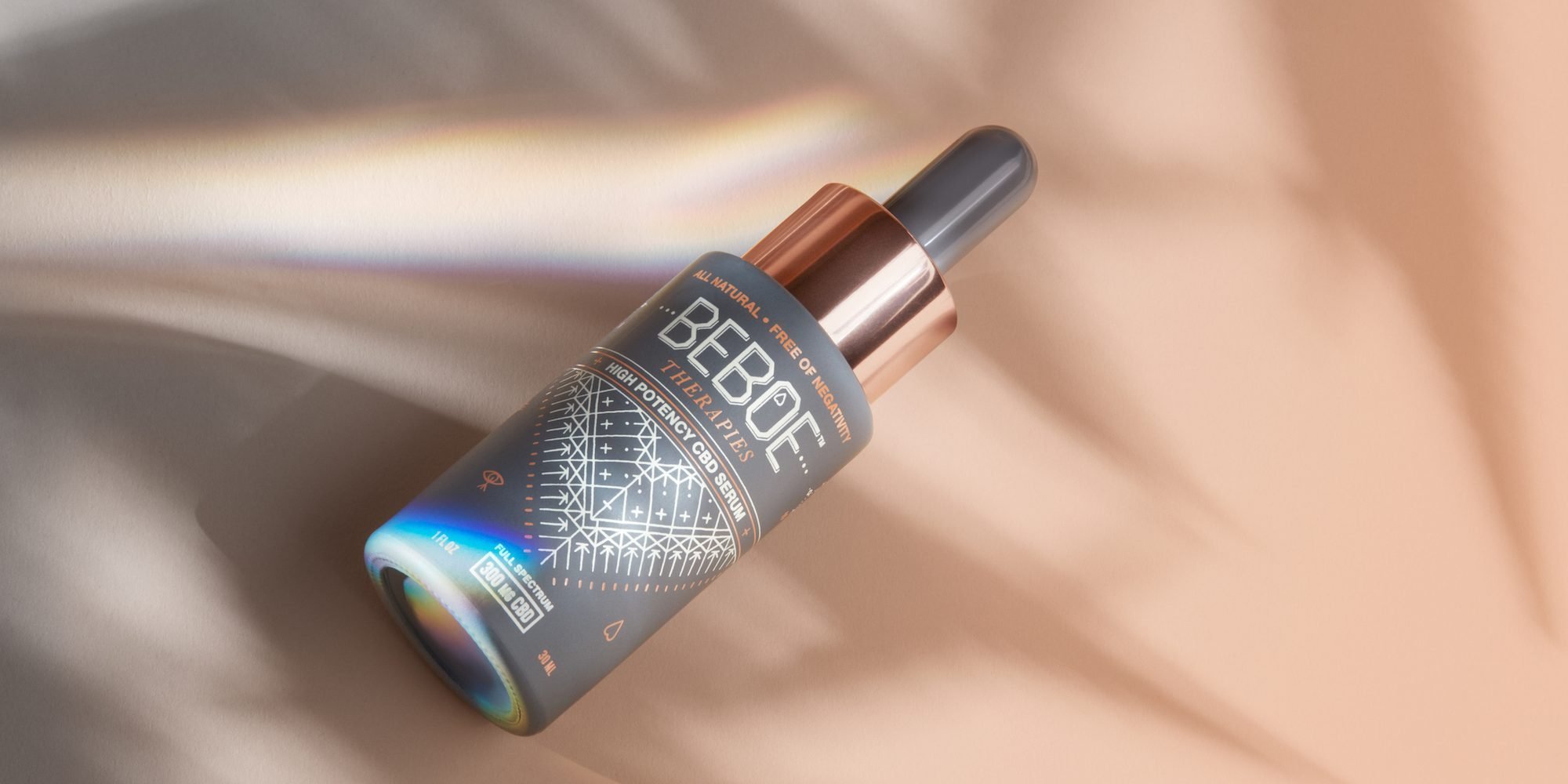
Stylish CBD Beauty Brand Beboe Therapies Closes
Beboe Therapies, a stylish CBD beauty offshoot of cannabis brand Beboe, has closed.
The closure was announced by the brand on its Instagram account and website, where it explained it was shifting its attention to “the best quality cannabis there is to offer” and encouraged customers “to continue the journey” with Beboe through its THC offerings.
On the site and social media, Scott Campbell, the celebrity tattoo artist who founded Beboe with former fashion executive Clement Kwan, said, “I’m enormously proud of what we’ve created and put out into the world. It makes my heart a little heavy to have to put down this end of our business for a moment. In the same way that there are limited hours to each day, I can only do so many things at once. With the rapidly changing landscape around legislation, it’s really important to me to focus all my energy on bringing our Cannabis products to as large of an audience as possible.”
Launched in 2019, not long after the federal Farm Bill legalized the hemp trade in the United States, Beboe Therapies’ unique tattoo-inspired look, formulas packed with full-spectrum CBD paired with skincare ingredient stalwarts such as vitamin C, niacinamide and peptides, and premium positioning drew the interest of department store and beauty specialty store retailers. It was picked up quickly by the likes of Neiman Marcus, Nordstrom, Cos Bar, Bloomingdale’s and Bluemercury.
Beboe Therapies’ products currently remain available at retailers. Nordstrom, for example, has two Beboe Therapies offerings—High Potency CBD Face Cream with 250 milligrams of CBD and High Potency CBD Body Balm with 750 milligrams of CBD—featured on its website. To go with its high potency, Beboe Therapies had high price points. High Potency Face Cream is priced at $98, and High Potency Body Balm is priced at $90.
The fizzle of the CBD beauty frenzy and ongoing challenges to CBD sales weren’t friendly to Beboe Therapies. CBD as a star beauty ingredient in its own right doesn’t have the appeal it did a few years ago, and other ingredients, notably mushrooms, have come to the fore. One-time CBD brands have branched out from concentrating on CBD as a result. Meanwhile, there remain barriers to advertising CBD products and processing payments for online CBD commerce that inhibit the growth of CBD purveyors.
“It makes my heart a little heavy to have to put down this end of our business for a moment. In the same way that there are limited hours to each day, I can only do so many things at once.”
In the beauty arena, a small group of CBD brands—Lord Jones, Prima and Cannuka among them—seems to have gathered clout with consumers and retailers, while most competitors trying to knock the leading brands off of their thrones haven’t fared as well. Cannuka was acquired in 2021 by Better For You Wellness, and Lord Jones was acquired by Cronos in 2019. Prima secured $9.2 million in funding last year.
Campbell and Kwan introduced Beboe with luxury cannabis products like rose gold CBD and sativa vape pens in 2017 powered by a $1.7 million friends and family round. The New York Times christened it “The Hermès of Marijuana.” In 2018, Beboe, touted as designed for “social dosing,” rolled out a CBD-only blend. Along with unveiling Beboe Therapies in 2019, Beboe partnered with Barneys New York on a cannabis lifestyle concept shop called The High End, and was acquired by cannabis cultivator and dispensary operator Green Thumb Industries for an estimated $80 million.
Of late, the performance of Green Thumb’s business in the health and beauty category has suffered. In a recent investor presentation, the company revealed its health and beauty sales dipped 10% for the first three quarters of last year versus the first three quarters of the year before. Every category outside of health and beauty, including vape, edibles and flower, experienced growth during the period.
The vast company has plenty of enterprises outside of Beboe Therapies to keep it busy. Headquartered in Chicago, Green Thumb details it has 16 manufacturing facilities, 66 open retail locations and operations across 14 U.S. markets. Another brand in its portfolio, Doctor Solomon’s, sells topical products with THC.





Leave a Reply
You must be logged in to post a comment.